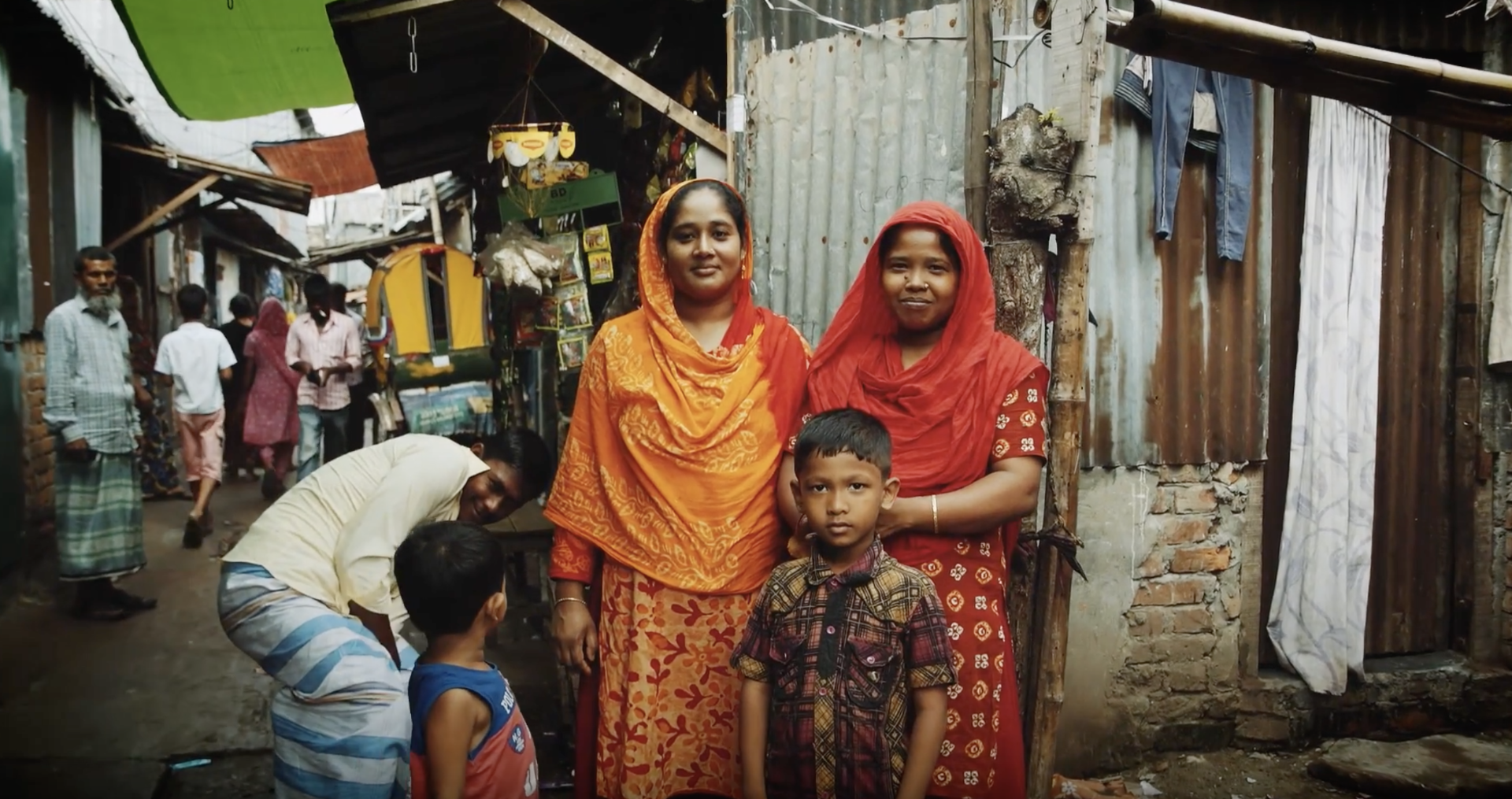Innovative partnerships
to accelerate financial inclusion
and women’s economic participation
Advancing
Economic Empowerment and Market Participation
for low-income consumers, micro-enterprises and SMEs
The Challenge
The least developed countries (LDCs) in the Mekong region in ASEAN and in SAARC where SHIFT is operating is home to 353 million people, 26% of whom live below the international poverty line.
SHIFT aims to improve the living standards of vulnerable groups within these regions by opening the door towards digital financial inclusion, expanding the potential for enterprise development, employment, and increased economic participation. SHIFT recognizes that women in this region are particularly disadvantaged where there are lower levels of access and use of formal financial institutions. However, through the introduction of widespread digital financial inclusion, low-income individuals (particularly women), micro-entrepreneurs, and small and growing businesses will be better able to secure financial opportunities, mitigate risk, and substantially enhance their livelihoods and wellbeing.
How we are helping?
SHIFT works on changing the behavior of market actors to stimulate investment, business innovations, and regulatory reform to advance financial inclusion and accelerate economic participation of and opportunities for low-income groups, especially women.
The programme works on four components:
SHIFT’s Policy and Advocacy work-stream forms partnerships and alliances to influence policy makers, financial service providers, and governments to enable financial markets to be more responsive to the wider development priorities, giving emphasis towards gender strategies within financial inclusion policies to meet the needs of women.
SHIFT’s Data and Analysis strengthens the availability and use of supply side and demand side big data analytics to conduct regional and sector-wide research on specific themes including gender, remittances and green finance.
SHIFT’s Learning and Skills Development work-stream plans to support business development service providers and learning platforms to develop or scale-up learning and investment readiness tools to strengthen the capacity of financial service providers and women-owned enterprises
The SHIFT Challenge Fund facility is a flexible common platform for crowding in investors and donors to support projects targeting financial inclusion. The Fund offers competitive matching grants to catalyse investments by private sector financial institutions and businesses.
What we will do next?
SHIFT aims to expand its support working with national governments to adopt gender-sensitive regulations to meet the needs of women and other vulnerable groups in the realm of financial inclusion and greater economic participation. Continuing on SHIFT’s work within the ASEAN region, Bangladesh is the first pilot country for this initiative within SAARC with potential plans for exploration and expansion into Nepal in 2017 and Bhutan in 2018.

Close to 60 percent of the 600 million people in the ASEAN region are using informal mechanisms to manage their money, meaning individual people and micro- and small-sized enterprises are denied the protection, choice and reliability of regulated financial services.
Such financial exclusion hinders the development of Asia’s most abundant resource, its young labour force, since poor families cannot afford to keep their children in school.
Currently, less than 20 percent of people living in Cambodia, Lao PDR, Myanmar and Viet Nam use formal financial services, including those offered by microfinance institutions, banks and money transfer companies. Instead, the poor rely on informal services such as moneylenders and unregulated remittance providers to take out credit and move money around.
SHIFT is working to end poverty by focusing on low-income populations, particularly women, so that they can access and use formal financial services like savings accounts, credit and insurance to have a much better chance of moving out of poverty and staying out.
Evidence has clearly shown that when women are able to take control of their finances, they are more likely to invest in the health and education of themselves and their family members, most importantly their daughters; such investments into ‘human capital’ then improves the overall development of the country and region. Connecting their businesses to regulated financial services also means women have more choices both as consumers and employees, a critical step toward greater economic and social equality between men and women.
SHIFT contributes towards the achievement of the Sustainable Development Goals (SDGs) by focusing on the financial inclusion of poor women as well as small businesses that are owned or managed by women, or which primarily employ or serve women consumers.
It will contribute to the achievement of the Sustainable Development Goals, in particular the goal of ending poverty (goal 1) and the goal of achieving gender equality and economic empowerment of women (goal 5).

 |
|
|
|
|
|
GET THE LATEST UPDATES TO YOUR INBOX